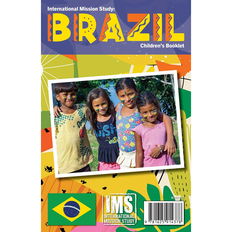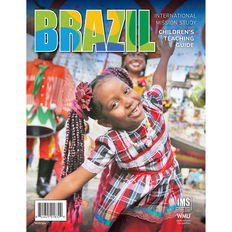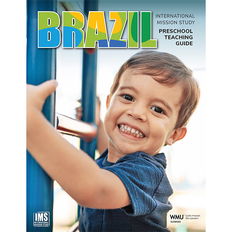Every Member of Your Church
Can Pursue the Great Commission by...
Learning About
Missions
Praying for
Missions
Supporting
Missions
Doing Missions and Telling People About Jesus
Learn More About Missions Discipleship

Summer Subscriptions
Summer subscriptions (June/July/Aug) available to order online starting Dec. 16
Missions Resources
for Every Church Member
Missions Discipleship
When we say every church member, we mean everyone.
See All Products
Featured Products
Try these resources to equip every church member to purse the Great Commission
Woman's Missionary Union
WMU, SBC, is a 501(c)3 nonprofit funded by product sales, investments, and charitable contributions from those invested in involving Christ followers of all ages in advancing the Great Commission.
Make a charitable contribution to WMU through the WMU Foundation’s Vision Fund.
About WMU







